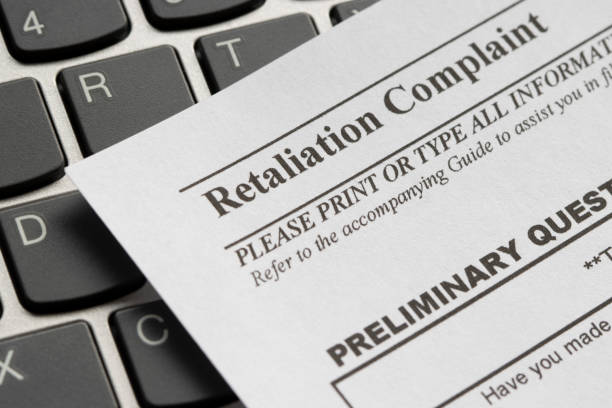Understanding Retaliation in the Workplace

In the contemporary workplace, maintaining a fair, respectful, and lawful environment is not just a goal but a mandate. Despite stringent legal frameworks designed to protect workers, retaliation in the workplace remains a pervasive issue that can undermine employee rights, morale, and productivity. Pinkston Law Group, P.C., with our commitment to advocating for justice and fairness, delves into the nuances of workplace retaliation in the U.S., offering insights and guidance for those who believe they might be victims of such actions.
What is Workplace Retaliation?
Workplace retaliation occurs when an employer takes adverse action against an employee for engaging in legally protected activities. These activities can include reporting discrimination or harassment, participating in an investigation or lawsuit against the employer, or refusing to partake in illegal activities. Retaliation can manifest in various forms, including but not limited to:
- Termination or demotion
- Salary reductions
- Job or shift reassignments affecting prospects negatively
- Unwarranted disciplinary actions
- Exclusion from training or professional development opportunities
The Equal Employment Opportunity Commission (EEOC) enforces the laws against workplace retaliation, emphasizing that the protection extends to all employees, from entry-level workers to top executives.
Legal Protections Against Retaliation
Several federal laws provide protections against workplace retaliation, including but not limited to:
- Title VII of the Civil Rights Act of 1964
- The Age Discrimination in Employment Act of 1967 (ADEA)
- The Americans with Disabilities Act of 1990 (ADA)
- The Fair Labor Standards Act (FLSA)
These laws ensure that employees have the right to report, complain about, or participate in investigations into unlawful practices without fear of retribution from their employer.
Identifying Retaliation
One of the challenges in addressing retaliation is its subtle nature. Not all adverse actions are as clear-cut as termination or demotion. Sometimes, they are nuanced and require a thorough understanding of the law and workplace dynamics to identify. If you suspect retaliation, consider whether the timing of the adverse action closely follows the protected activity, if similar individuals who did not engage in protected activities were treated differently, and if the employer can offer a legitimate, non-retaliatory reason for their actions.
How to Respond to Workplace Retaliation
If you believe you’re a victim of retaliation, it’s crucial to take steps to protect your rights:
- Document Everything: Keep detailed records of all relevant interactions, including dates, times, and the nature of the conversations or actions taken against you.
- Report the Retaliation: Follow your employer’s procedures for reporting retaliation. If your company has a Human Resources department, start there.
- Seek Legal Advice: Consulting with an experienced employment law attorney can provide you with an understanding of your rights and the best course of action.
The Role of Pinkston Law Group, P.C.
At Pinkston Law Group, P.C., we specialize in defending the rights of employees who have been subjected to workplace retaliation. Our experienced team understands the complexities of employment law and is dedicated to ensuring that your rights are protected. Whether you need guidance on navigating your situation, assistance with filing a complaint, or legal representation in court, we are here to help.
Call to Action
Don’t let retaliation undermine your career and well-being. If you suspect that you’re the victim of workplace retaliation, it’s essential to act swiftly and decisively. Contact Pinkston Law Group, P.C., to schedule a consultation. Our team will listen to your story, evaluate your case, and provide you with the options available to pursue justice. Together, we can work towards a fair resolution and ensure that your rights are upheld.
For more information or to get started, visit our website or contact us directly. Remember, you’re not alone in this fight—Pinkston Law Group, P.C., is ready to stand by your side.





